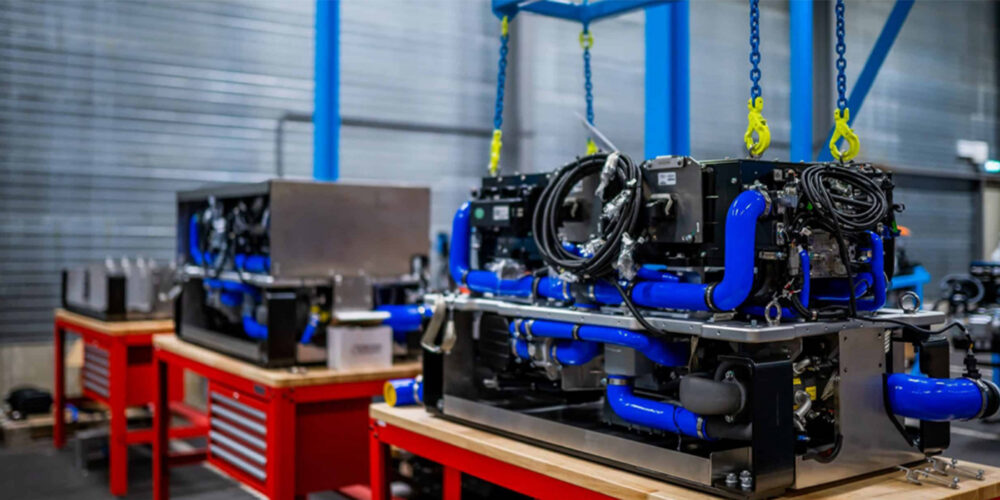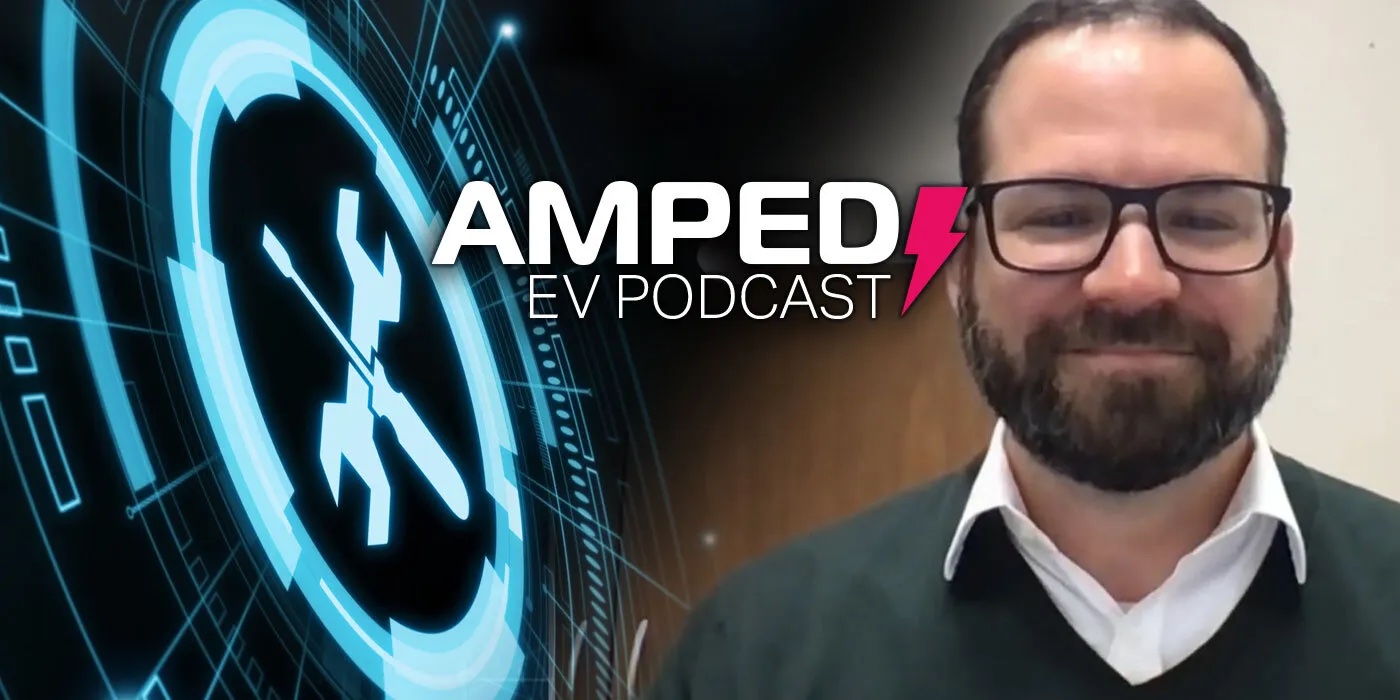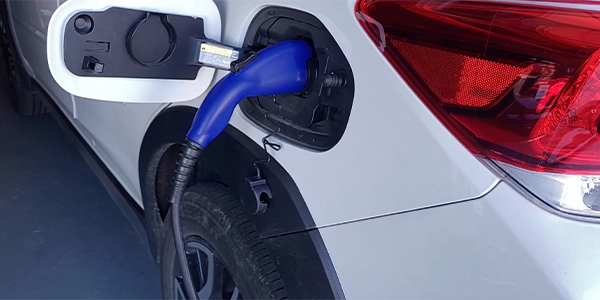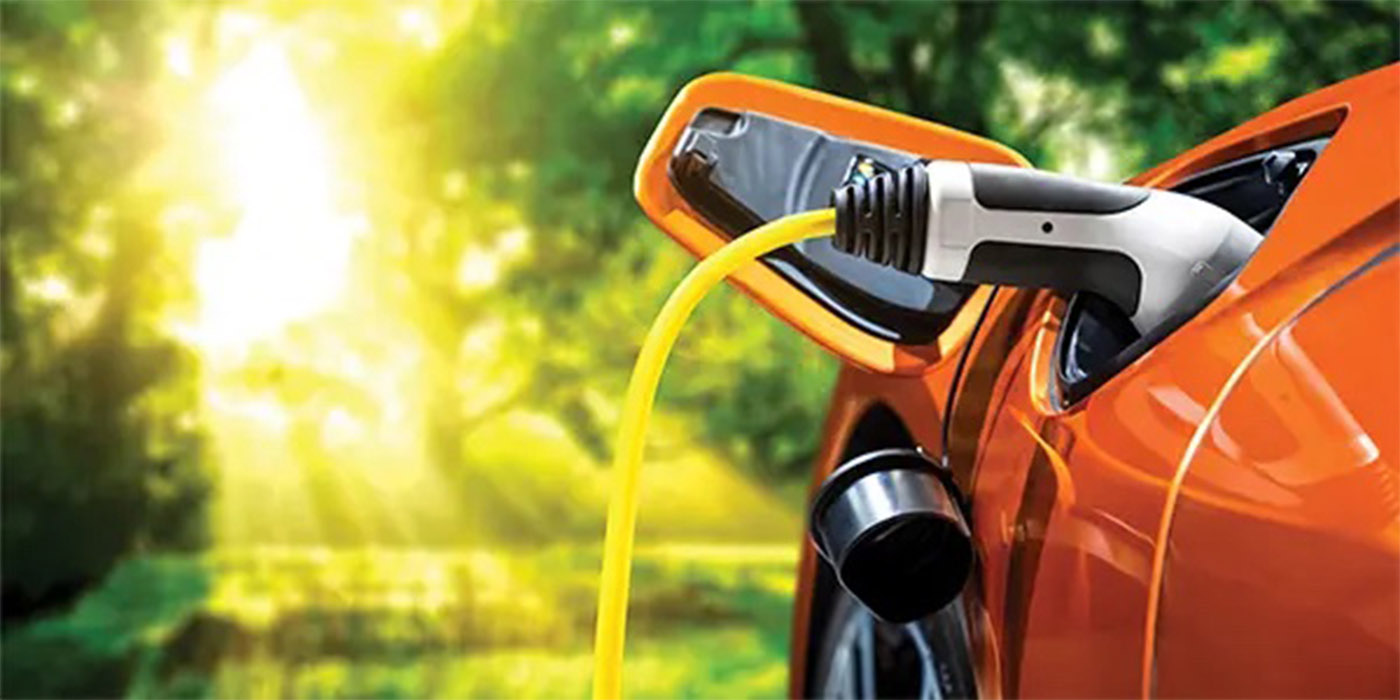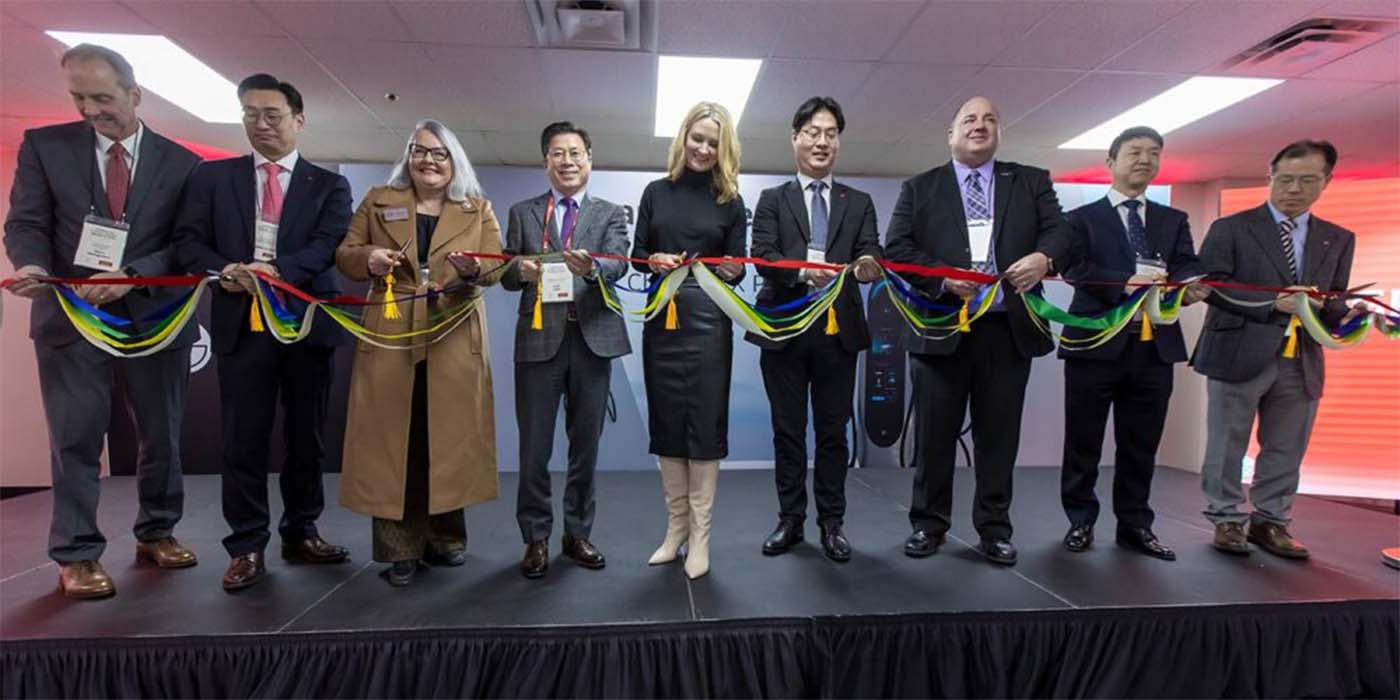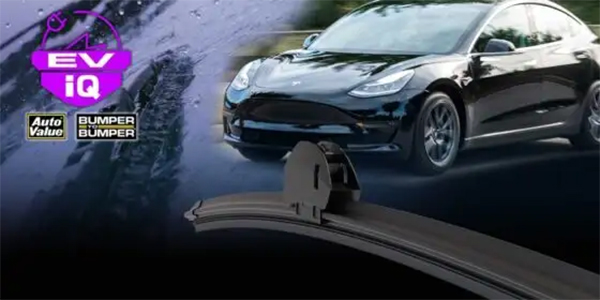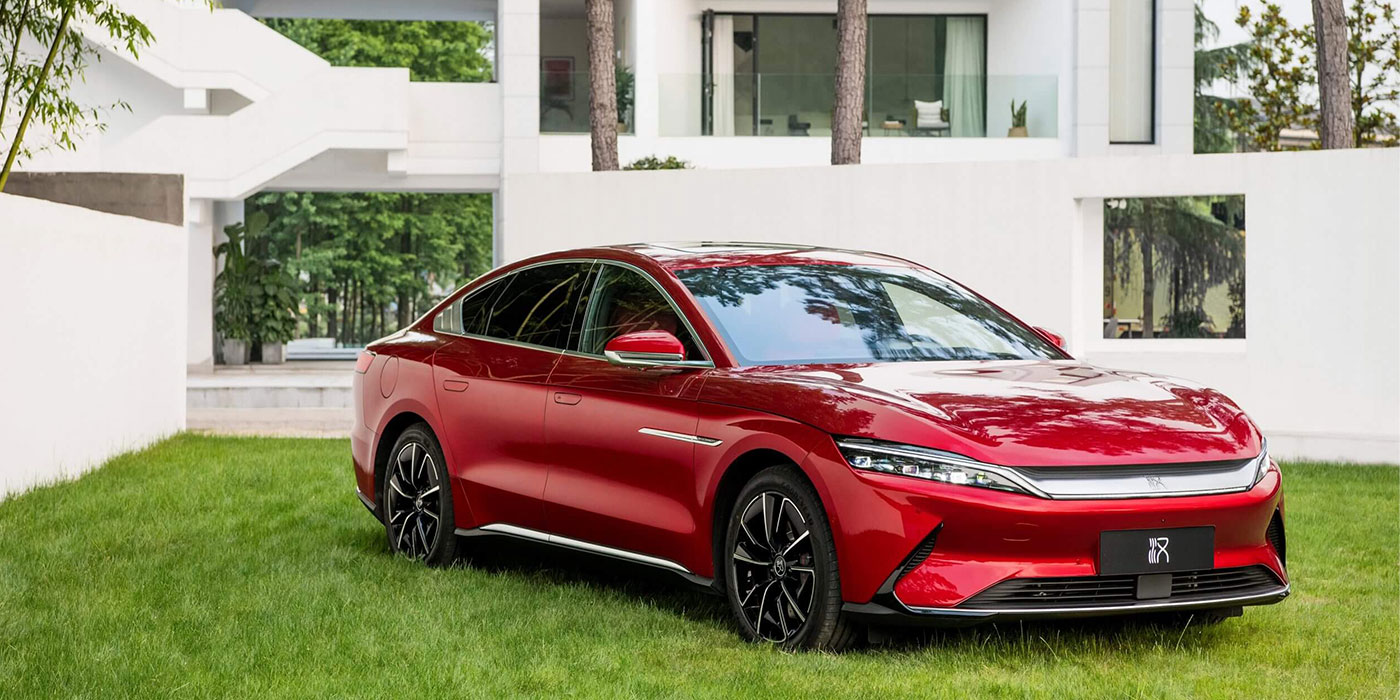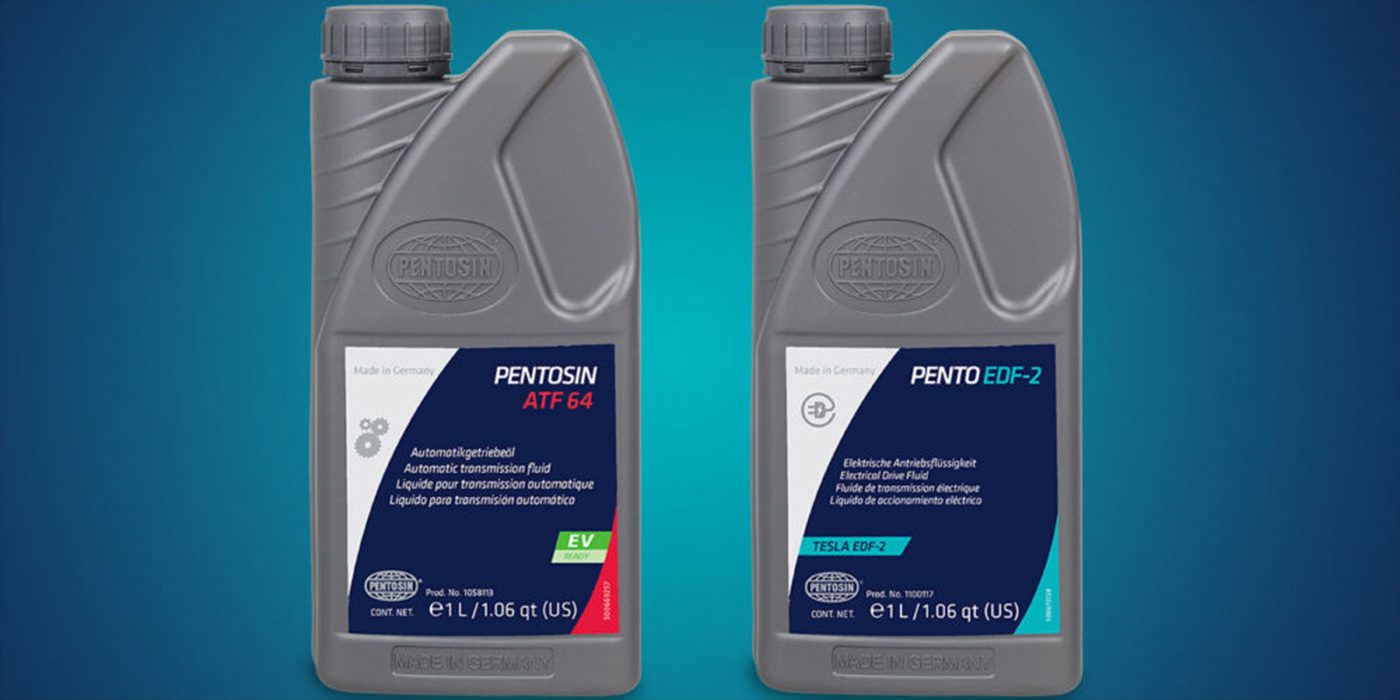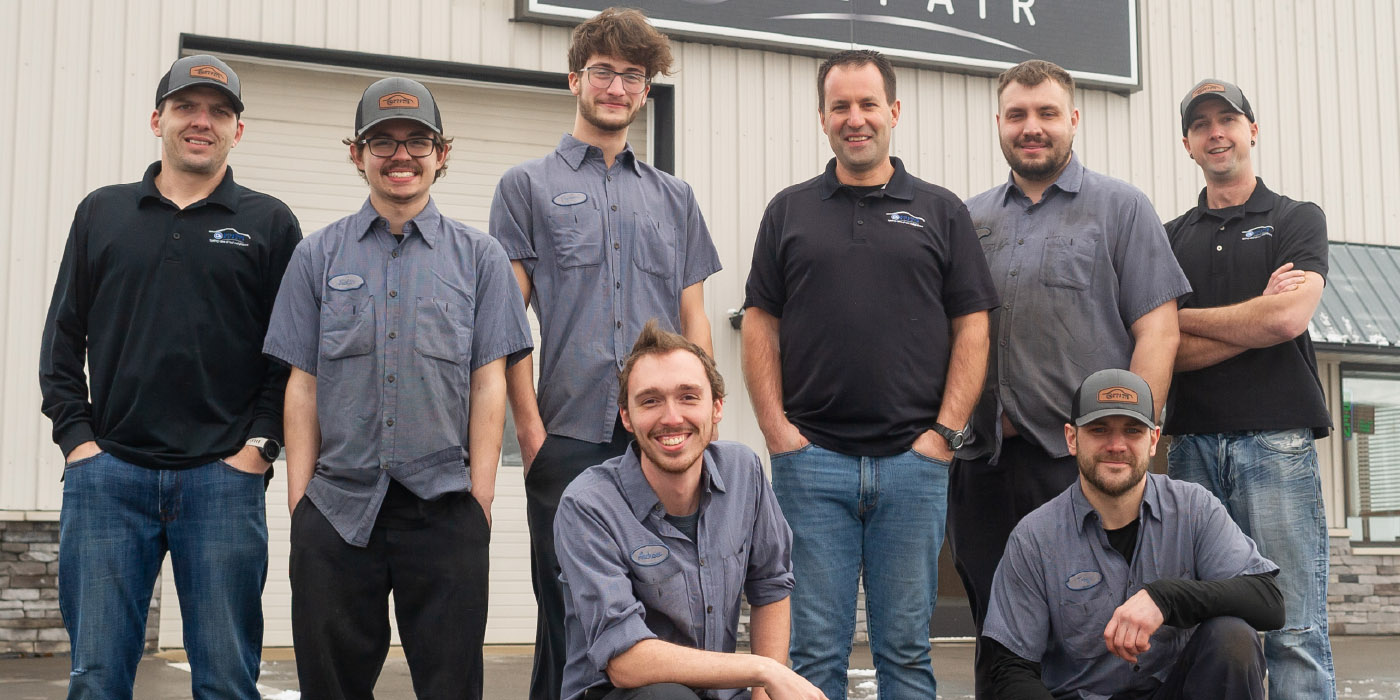Hyzon Motors Inc., a hydrogen fuel cell technology developer and global supplier of zero-emission heavy-duty fuel cell electric vehicles (FCEVs), announced the completion and factory acceptance testing of the first nine single-stack 200kW fuel cell system (FCS) B-samples at its production and innovation center in Bolingbrook, Illinois. By achieving this milestone, Hyzon said it remains on track to declare the start of commercial production of its FCS in 2024.
The company said completing testing of its nine 200kW FCS B-samples in the first half of 2023 demonstrates consistent progress toward commercial production. This achievement follows the commissioning of Hyzon’s proprietary, automated roll-to-roll Membrane Electrode Assembly (MEA) production line including in-line inspection and the installation of its single cell and fully automated fuel cell stack manufacturing lines. Progression of the 200kW FCS B-samples validates the design, equipment and operating procedures, which are all critical to the final tooling and production of C-samples and the eventual commercialization of the FCS, Hyzon said.
Hyzon is positioning to increase its FCS manufacturing rate with the installation of additional full and semi-automated equipment in the assembly and inspection processes, which is already underway. The company will also continue to standardize the design around the 200kW FCS powertrain components to expedite production.
“Our goal is to accelerate the clean energy transition by providing hydrogen fuel cells to power zero-emission mobility,” said Parker Meeks, Hyzon’s CEO. “In our view, this milestone reflects Hyzon’s years of leadership in developing hydrogen fuel cell technology, and this important step toward full-scale 200kW FCS production demonstrates exciting progress toward the commercialization of our single stack design.”
Hyzon’s single-stack 200kW FCS provides significant advantages relative to current industry standards, the company says. Those include:
- An approx. 20% increase in miles per kilogram of hydrogen vs. the 120kW FCS – greatly improving the truck total cost ownership (TCO);
- About 30% smaller volume and weight;
- 25% lower cost; and
- Materially less maintenance than two 100kW long-range fuel cell systems due to the relative simplicity of design.

